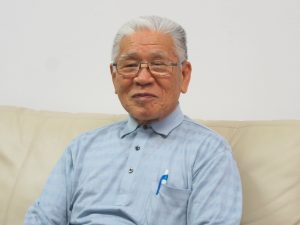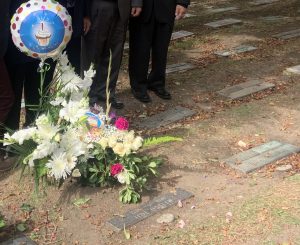By Rev. Koen Kikuchi
What is appreciation? What is the meaning of gratitude? How do we show our thanks?
In English, we usually say “thank you” and “I appreciate you” to show our gratitude to someone. On the other hand in Japanese, we say “arigato.” But there are other ways of saying “thank you,” for example, “gomen nasai” (literally “I’m sorry”) and “sumimasen” (literally, “excuse me”).
If I want to make my way through a crowd of people, I say “excuse me.” If I drop something and somebody picks it up for me, I say “thank you.” If I water plants and flowers, and I accidentally spray water on somebody, I say “I’m sorry.” However, in Japanese the word “sumimasen” applies to all these situations. “Sumimasen” express both appreciation and apology. Also, the word implies an attitude of humbleness—putting aside one’s ego and showing respect to others.
Continue reading “Humble Appreciation”



